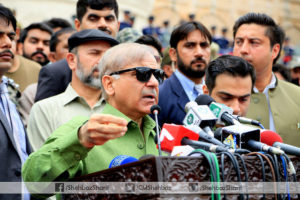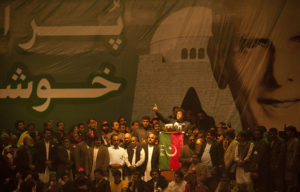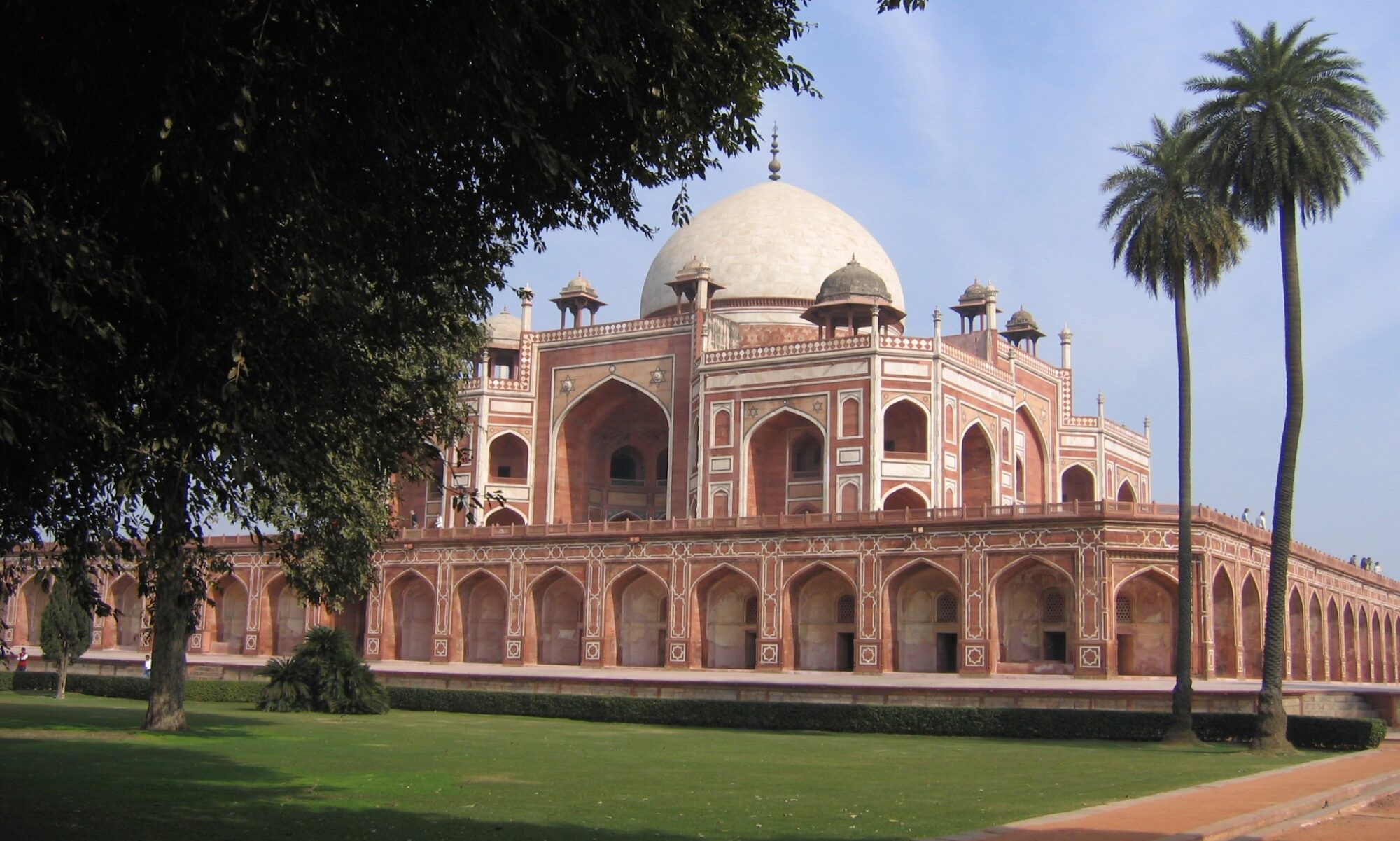
July 21, 2018: Since my last article on Pakistan, the election scene has shifted. At this point, it’s looking like an ugly election, and a decisive PML-N victory will be a surprise. The election is set for July 25.

The squeeze on former prime minister Nawaz Sharif and his party has tightened. Nawaz and his daughter Maryam were sentenced to ten years in prison by an administrative anti-corruption court for possession of property in Britain beyond their known sources of income. Both returned to Pakistan July 13 from London, where they were accompanying Nawaz’s seriously ill wife. On their return, both were immediately transported to prison.
There are numerous stories in the press about intimidation of newspapers and of candidates from the PML-N. Some include references to “people in uniform.”
Polling shows the Sharifs’ PML-N party, now headed by Nawaz’s younger brother, former Punjab chief minister Shehbaz, more or less neck and neck with their principal opponent, former cricket star Imran Khan’s PTI. In one poll cited in the July 20 press, the PML-N has a 7 percent lead in Punjab, which has a little over half the country’s people, but the PTI has enormous leads everywhere else. In the past few weeks, Imran Khan seems to have picked up a few new allies, including a couple of Islamist parties. In the allocation of party identification symbols, crucial in a country where many voters cannot read, Imran’s PTI party is represented by a cricket bat. The PML-N is campaigning on the martyrdom of their former chief. Shehbaz, the current standard-bearer, is skilled at implementing programs, but not a charismatic figure. He has a better and less mercurial relationship with the military than his brother. Campaign rallies and protests continue at an intense pace. And with that disruption comes an increase in the yearning for change that has often accompanied Pakistan’s elections.
Most recently a judge in the Islamabad High Court has publicly accused the “Establishment” of pressuring the judicial system to go after the Sharif family. In Pakistan, “establishment” is shorthand for the military and those who institutionally support them. When General Musharraf left power in 2007, the unwillingness of the judiciary to bend to his wishes was one of the most powerful sources of pressure on him. That dynamic may have changed.
At this point, the likelihood of a clear-cut win by the PML-N has shrunk. Two other scenarios are more plausible.
- A parliament in which the PML-N has a plurality, but can only put together a government by cobbling together a somewhat uneasy coalition with smaller parties. This would mean a government preoccupied by internal negotiations, among the political parties and with the military.
- A PTI victory – probably a slim one, probably also relying on a coalition. Besides the weakness inherent in a coalition, the possibilities of crossed signals or misunderstandings between Imran Khan and the army are substantial. And if the results of the election diverge sharply from people’s expectations, one result could be significant trouble in the streets.
The army could almost certainly live with either outcome, betting that it could retain control over the aspects of policy that have always been important to the military leadership: national security; relations with the United States, China, India; and the defense budget. And in both cases, the civilian government would not be well placed to challenge the authority of the military. But it will deepen the already considerable cynicism of the Pakistani public about the electoral process.
Teresita C. Schaffer


The Military in Pakistan has always attempted to engineer election results to suit their needs but has not always got what it wanted. I believe the parlays after the election results will need to be watched carefully. The military has always been a deal maker and breaker.
So the future will depend on the outcome, however there is unlikely to be a substantial deviation in the security and foreign policy which the Pak Army regards as it’s bastion.
Whether it is the Cricketer Imran Khan or seasoned politician Shahbaz, military will have its own way. The Chinese question will remain as their money is stuck in this melee.